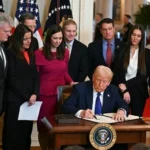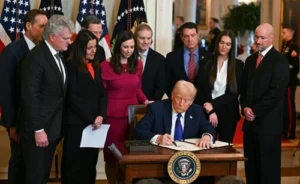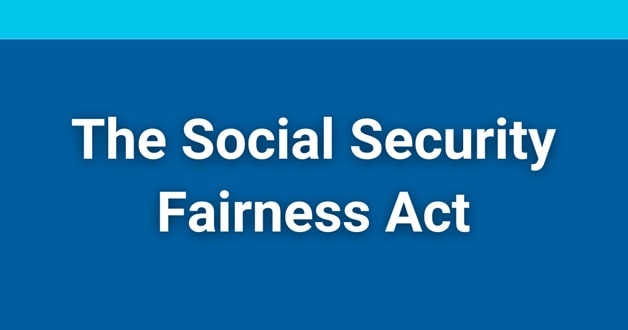In a landmark decision, the U.S. Senate overwhelmingly passed the Social Security Fairness Act on December 21, 2024, signaling a major victory for public sector retirees across the nation. The legislation, which repeals the long-criticized Windfall Elimination Provision (WEP) and Government Pension Offset (GPO), now heads to President Joe Biden’s desk for final approval. With bipartisan support evident in the Senate’s 76-20 vote, the bill’s enactment is all but certain, marking a transformative moment for millions of Americans who have long advocated for fairness in Social Security benefits.
The repeal of these provisions is set to correct decades of inequities faced by public service workers such as teachers, police officers, and firefighters. Many of these individuals were subjected to reduced Social Security benefits due to their public pensions, leaving them financially disadvantaged despite years of dedicated service. The passage of this act brings long-awaited relief and restores confidence in a system that many felt had overlooked their contributions.
Addressing Historical Injustices
The Windfall Elimination Provision (WEP) and Government Pension Offset (GPO) were introduced as part of the Social Security Amendments of 1983, aimed at preventing individuals from receiving disproportionately high benefits. However, these measures had unintended consequences, particularly for public employees whose jobs were not covered by Social Security.
The WEP modified the formula used to calculate Social Security benefits, leading to reduced payments for those who also received a government pension. Similarly, the GPO reduced spousal or survivor benefits by up to two-thirds of an individual’s public pension, often leaving widows and widowers with minimal financial support.
For decades, critics argued that these provisions unfairly penalized public workers and their families. Advocacy groups and unions rallied behind the repeal, emphasizing the financial strain imposed on retirees who had already contributed to Social Security through other employment.
A Bipartisan Effort
The Social Security Fairness Act represents a rare moment of bipartisan consensus in an era of political division. Lawmakers from both parties recognized the widespread support for repealing WEP and GPO, acknowledging the voices of retirees who demanded change.
“This is about fairness and equity,” said Senator Sherrod Brown (D-Ohio), one of the bill’s key sponsors. “For too long, public servants have faced unnecessary financial burdens because of outdated provisions. This bill ensures they receive the benefits they have earned.”
Republican lawmakers also backed the bill, underscoring its importance to constituents in states with large numbers of public sector employees. Senator Susan Collins (R-Maine) noted, “This legislation corrects an injustice and provides peace of mind to retirees who dedicated their lives to serving their communities.”
Impacts on Public Sector Retirees
The repeal is expected to positively impact approximately 3 million retirees, many of whom experienced significant reductions in their Social Security benefits due to the WEP and GPO. For these individuals, the passage of the Social Security Fairness Act means an immediate and tangible improvement in their financial stability.
Teachers, police officers, and other public employees have long expressed frustration over reduced benefits, despite paying into the system during periods of Social Security-covered employment. Advocates see this legislative victory as a validation of their years-long efforts to highlight the disparities caused by these provisions.
What’s Next?
The bill’s next and final stop is the White House, where President Biden is expected to sign it into law in the coming days. In a statement released after the Senate vote, the President expressed his support, calling the Social Security Fairness Act a “critical step in ensuring justice for America’s public servants.”
The repeal will go into effect in 2025, giving the Social Security Administration time to implement the necessary changes. Advocacy groups are already preparing to educate retirees on how the updated system will affect their benefits, ensuring a smooth transition for those impacted.
A Milestone for Fairness
The Social Security Fairness Act marks a turning point in the long-standing fight for equitable treatment of public sector retirees. By eliminating the WEP and GPO, Congress has not only addressed historical injustices but also reaffirmed its commitment to honoring the contributions of those who have served their communities.
As the nation awaits the President’s signature, millions of retirees can finally look forward to receiving the full benefits they have earned—a promise of fairness fulfilled at last.
















